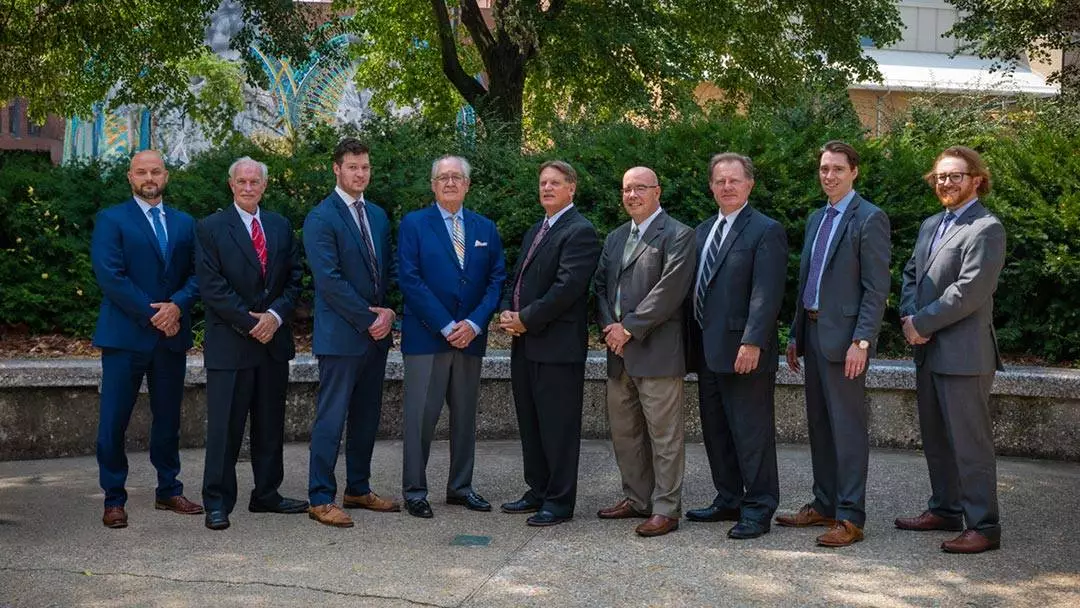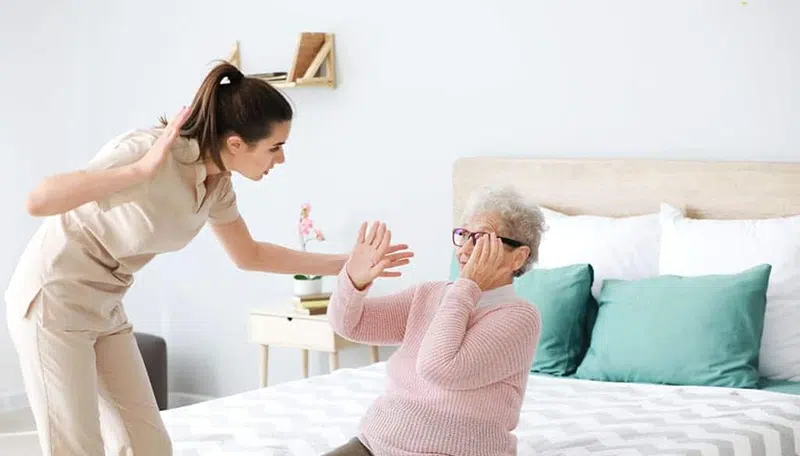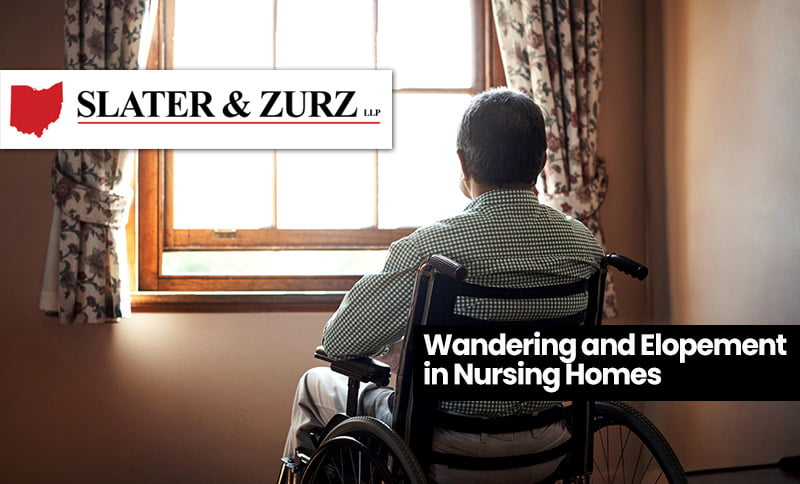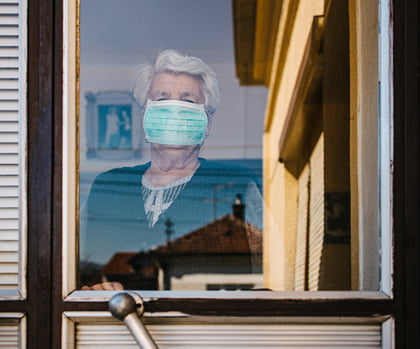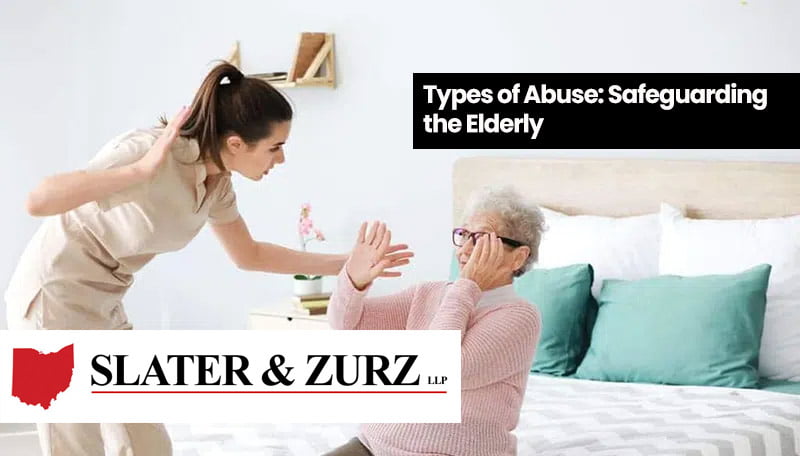When we make the difficult decision to place our loved one in a nursing home, we do our homework, ensuring the facility we choose offers the highest level of care and compassion for our family members. But what happens when those we trust to care for our loved ones are actually the ones who are hurting them?
Suspecting your loved one may be a victim of abuse or neglect can be both frightening and stressful. You may not know what to do to confirm or deny your suspicions, and although you are dreading your suspicions are correct, what do you do about the abuse if they are? Below, we will take a look at nursing home abuse and neglect statistics and why the elderly are so vulnerable to abuse. Then we will discuss the various types of abuse, what signs to look for when you suspect them, and what to do if you believe your loved one is a victim.
Alarming Statistics on Nursing Home Abuse and Neglect
Today, more than 46 million adults aged 65 or older live in the United States. That number is expected to almost double in the next 30 years. As the elderly population increases, so do the incidences of elder abuse and neglect.
According to the World Health Organization (WHO), one in 10 people over the age of 60 have experienced some form of elder abuse and neglect. WHO also found that two out of three elder care facility staff members admitted to committing an act of abuse or neglect in the past year. Some estimates show that over 5 million elderly Americans suffer some form of abuse or neglect each year.
Sadly, most cases relating to older Americans’ abuse and neglect go unreported. In fact, the National Council on Aging (NCOA) estimates that only one in 24 elder abuse and neglect cases are reported to authorities.
Why the Elderly are More Vulnerable to Abuse
When older individuals become frailer, they also become more vulnerable to abuse and neglect. They are much less likely to stand up to anyone who verbally, emotionally, or physically harms them. Older adults may also be fearful of their abuser, feel embarrassed to tell anyone about the abuse or neglect, or even believe they are somehow responsible for the abuse.
Many seniors have developmental and physical limitations as they age, making them easy targets for abusers. They may suffer from dementia or Alzheimer’s and be confused about what is taking place or not fully understand they have become victims of abuse.
Another factor is that they are frequently not taken seriously by family members or nursing home management. These individuals may believe the senior is confused or not making sense, especially when the older adult is known to suffer from some form of mental impairment.
Types and Warning Signs of Nursing Home Abuse and Neglect
Most perpetrators of nursing home abuse and neglect go to great lengths to hide their actions from the resident’s families and friends. So, it is important to understand and identify even the smallest indicators of abuse and neglect to protect your loved one’s safety and well-being. Below we detail the most common forms of abuse and what signs to look for if you feel your loved one may be suffering abuse at the hands of their caregiver.
Physical abuse – Any form of physical violence or harm that results in a resident’s injuries is considered physical abuse. This type of abuse can happen once or occur regularly, leading to long-term health issues and even death. Physical abuse includes hitting, kicking, pushing, shaking, burning, and misusing restraints. Signs to look for include:
- Broken bones
- Bruising or cuts
- Scars
- Bite marks
- Agitation
- Unnecessary or excessive restraint
- Head injuries or concussions
- Social or emotional withdrawal from others
- Fear of the alleged perpetrator
- Changes in eating or sleeping patterns
- Anxiety and/or depression
- PTSD
Emotional abuse – Also referred to as psychological abuse, emotional abuse occurs when an older adult is harmed through threats, insults, humiliation, and fear. This form of abuse is believed to be the most common yet hardest to detect because it lacks clear evidence of when it occurs. If you believe your loved one might be the victim of emotional or psychological abuse, look for the following warning signs:
- Fear and anxiety
- Emotional or social withdrawal from others
- Decreased self-esteem
- Depression
- Confusion
- Agitation
- Difficulty sleeping or sleeping too much
- Mumbling or inhibited speech
- Suicide attempts
Sexual abuse – This form of elder abuse occurs when a caregiver, fellow resident, or nursing home visitor forces the resident to engage in unwanted sexual contact or penetration. Victims of sexual abuse are frequent residents with medical problems that make it difficult to communicate, understand, or remember the abuse. They may also have physical limitations that deny them the ability to fend off the perpetrator. Look for the following signs if you suspect sexual abuse:
- Fear of being alone with the alleged perpetrator
- Bruising near the genitals, on the inner thighs, or around the breasts
- Pelvic injuries
- Changes in self-esteem
- Difficulty walking or sitting
- Unexplained sexually transmitted diseases (STDs)
- Vaginal bleeding
- Anal bleeding
- Bloody, torn, or stained underwear
- Social or emotional withdrawal from others
- Trouble sleeping
- Inappropriate or unusual sexual behavior
- PTSD
- Suicide attempts
Financial abuse or exploitation – This type occurs when a caregiver steals or otherwise misuses the senior’s money or other assets. Financial abuse includes stealing cash or valuables, using the elder’s credit cards or lines of credit for personal use, and taking control of an elder’s assets, such as becoming his or her power of attorney. Seniors are particularly vulnerable to financial abuse because they generally have some wealth, may have declining financial capabilities, and may be reluctant to ask for help. Financial abuse may be harder to spot than other forms of abuse and may go on for years before it is caught. Warning signs of financial abuse and exploitation include:
- Large bank withdrawals or transfers
- Unpaid bills and eviction notices
- Changes in the power of attorney, life insurance policies, property titles, and trusts
- Missing cash, valuables, or property
- Other changes in the older adult’s financial situation
- Depression and/or anxiety
Neglect – Nursing home neglect is considered the intentional or unintentional failure to provide a resident with adequate and appropriate care. It is typically a result of a caregiver’s oversight, carelessness, or indifference. Examples of elder neglect include leaving residents unattended for long periods, not providing sufficient food and water, failing to administer medications, leaving a resident in unsanitary conditions, and not bathing a resident. If you suspect your loved one is being neglected, look for warning signs, such as:
- Poor personal hygiene
- Unsanitary or unsafe living conditions
- Untreated injuries
- Malnutrition
- Dehydration
- Bedsores
- Fear of being left alone
- Anxiety and/or depression
- Difficulty sleeping
What to Do When You Suspect Your Loved One is Being Abused or Neglected
Learning your loved one has suffered abuse or neglect is a devastating experience. Feelings of fear, panic, and sadness can be overwhelming. However, there are some immediate steps to ensure your loved one is safe and hold their abuser accountable for the harm they caused.
Ensure your loved one’s safety – If your loved one is in immediate danger, call 911 right away. You may also move them to a different facility if you feel they are still in danger.
Talk to your loved ones – Ask them if they feel threatened or harmed. It is crucial to remember they may be reluctant to admit they are experiencing abuse or neglect. Go with your instinct. If you feel they may be a victim of abuse at the hands of a caregiver or fellow resident, bring it to the attention of the authorities.
Discuss your concerns with the nursing home administrators – Talk to the nursing home manager, explain your concerns, and request they take corrective measures to ensure your loved one’s ongoing safety and well-being. If you feel they are not taking your concerns seriously or will not adequately remedy the situation, consider moving your loved one to a different facility.
Know your loved one’s rights – As a nursing home resident, your loved one has rights. They include the right to:
- Be treated with dignity and respect
- Be free from all forms of abuse
- A safe and clean living environment
- Adequate and appropriate medical care
- Privacy and confidentiality
- Unrestricted communication, including visitation
File a complaint – To report the abuse or neglect, contact your state’s appropriate agency or authority, generally your local long-term care ombudsman. In Ohio, you can report the abuse to the Ohio Department of Aging – Long Term Care Ombudsman or Adult Protective Services. Their contact information is as follows:
Ohio Department of Aging – Long-Term Care Ombudsman
Phone: (866) 243-5678
Ohio Adult Protective Services
Phone: (855) 644-6277
Keep records and document everything – Keep all medical records or any other relevant documents and take photographs and/or videos of your loved one’s injuries. It is also a good idea to write down everything, including the details of any events or interactions that support or confirm your suspicions.
Contact a qualified nursing home abuse lawyer – To ensure your loved one’s rights and best interests are protected, contact an attorney with extensive experience handling elder abuse and neglect matters.
Our skilled nursing home abuse lawyers at Slater & Zurz LLP are here to help in any way we can. We will assist with finding a new facility for your loved ones and ensure they receive the medical or psychological care they need. Our elderly abuse attorneys will also ensure the abuse is reported to the proper authorities and advocate aggressively on your loved one’s behalf to obtain justice, ensuring your loved one’s abuser won’t have the opportunity to commit acts of future wrongdoing. Our dedicated attorneys will also fight diligently on your loved one’s behalf to obtain full and fair compensation from the responsible party. To learn more, we welcome you to contact us to arrange a free, no-obligation consultation. You can reach us online or by calling 888.534.4850 anytime, day or night.
We advocate strongly on behalf of injured victims across Ohio, with convenient locations in Akron, Canton, Cincinnati, Cleveland, Columbus, and Toledo.


